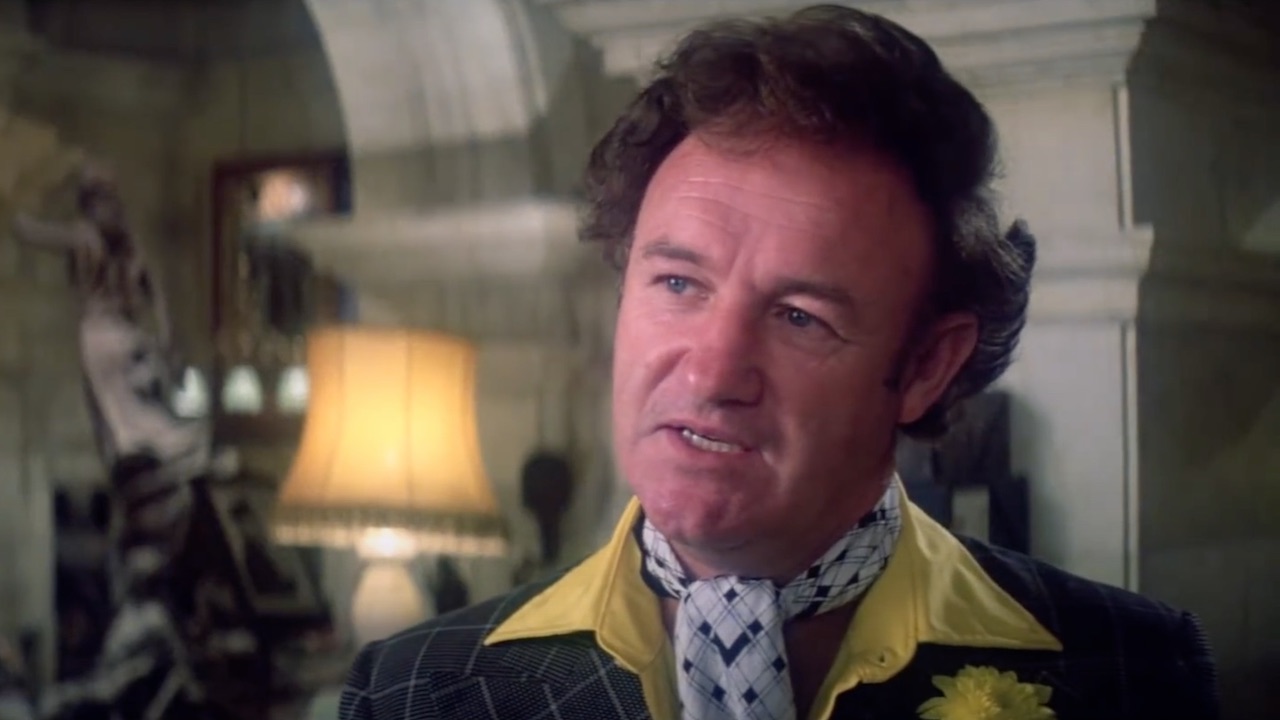How The Star Wars Battlefront 2 Controversy Changed The Way EA Makes Games

There were few bigger controversies in games than the one involving loot boxes that began in 2017. The entire debacle managed to gain international attention, earn discretionary letters from senators, and even force some policymakers to threaten legislation for adding loot boxes to premium-priced video games. The fallout from the decision to add loot boxes to a game like Star Wars: Battlefront 2 has had long-lasting repercussions, so much so that Electronic Arts has now come forward to discuss how the controversy is changing the way the company makes games.
Executive VP of strategic growth, Matt Bilbey, explained to GamesIndustry.biz that the company will be taking a more "fair" approach to implementation of monetary systems, and getting feedback from gamers every step of the way, with the help of EA chief design officer Patrick Söderlund, saying this:
I ran a team internally with Patrick post-Battlefront to actually redesign our game development framework and testing platforms to ensure we're giving our game teams the right guidance--we'll call it an EA moral compass--at the beginning of development so that we're designing our live service early, we're testing it early, testing it with gamers who are giving us feedback so we ensure those pillars of fairness, value, and fun are true.
The redesign for the games based around feedback from gamers and a watchful eye from the higher-ups means that EA is hoping to mitigate any sort of potential PR blowback that might take place the next time a monetization system is rolled out for a high-profile game. Obvious "pillars of fairness" is going to be dependent on how gamers feel about the system, which could be anything from limiting the exposure of a monetary model to only adding in a monetary model post-launch, similar to what was done with Battlefield 1.
It's unclear, though, if this means fewer microtransaction systems in EA's games, or a more subtle presence for the way the systems are implemented. We'll likely find out with the upcoming release of Battlefield V this fall, and Anthem in early 2019. However, the publisher is obviously going to veer away from having the conspicuously abhorred loot box system that was present in Star Wars: Battlefront II, opting for something that doesn't grind the gears of gamers to the point of protest.
Most gamers questioned why EA didn't just stick to the tried and true method of post-launch monetization: cash shop cosmetics.
At the time, EA stated that adding pink Darth Vader skins would break the continuity of the Star Wars lore. However, no one was necessarily asking for pink Darth Vader skins. The main issue was that EA was changing a system that worked to a system that was reliant on a pay-to-win style setup where players could pay money into the game to unlock loot boxes in order to upgrade their character(s) and vehicle(s). The loot box system was fairly transparent in its operations and generated a lot of pushback from gamers and a lot of parents who saw it as a form of getting their kids hooked on gambling through a popular property aimed at the youth.
The addition of loot boxes has been a contentious one due to the fact that just a year before the Star Wars: Battlefront II fiasco, there was the loot box gambling scandal involving third-party websites selling Counter-Strike: Global Offensive skins. Some of the sites were forced to shut down when the state gambling commissions stepped in, while others re-branded and modified some of their operations to float under the radar of the state commissions. Some of the owners of those sites were sued by parents for attempting to target the gambling-style operations toward kids.
CINEMABLEND NEWSLETTER
Your Daily Blend of Entertainment News
Much like alcohol, there are regulations in place that prohibit kids and teens from participating in gambling. If you want to include physical or electronic gambling into your business, you need a license. The problem for most publishers is that a gambling license means their games would only be made for those aged 21 or older, limiting a large part of their marketing potential.
Countries like Belgium and the Netherlands have banned unlicensed loot boxes from video games, while other countries like France are still deliberating on how to proceed. EA, meanwhile, will be taking a closer look at the development of monetary systems early on in a game's development in an attempt to make them more "fair" and to provide the sort of "value" that fits into its business model.
Staff Writer at CinemaBlend.
Gene Hackman's House Was A Mess When Police Got There. Why It Won't Be Hard To Sell Despite The Tragedy
Kelly Clarkson Recalled Having A Major Wardrobe Malfunction While On Tour, And I Wasn’t Expecting It To Top Katy Perry's American Idol Snafu
Kaley Cuoco's Streaming Show Just Got Canceled, But I'm Glad Her New Ad With Big Bang Theory's Johnny Galecki Is Here To Soothe The Pain










